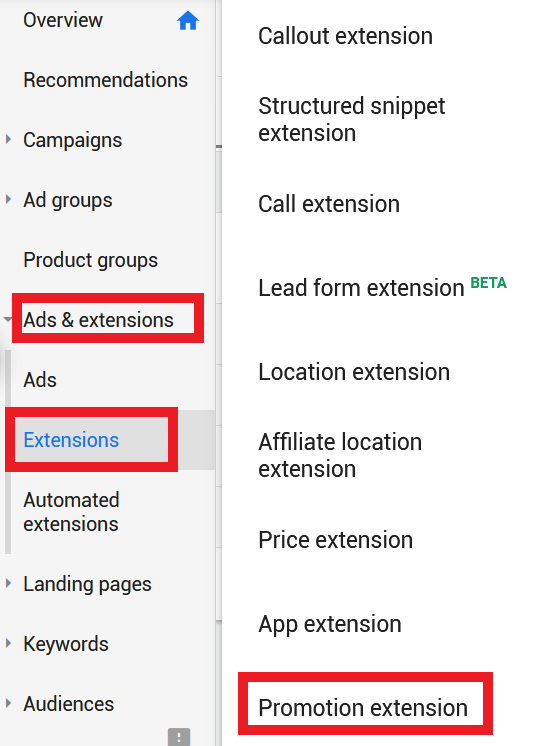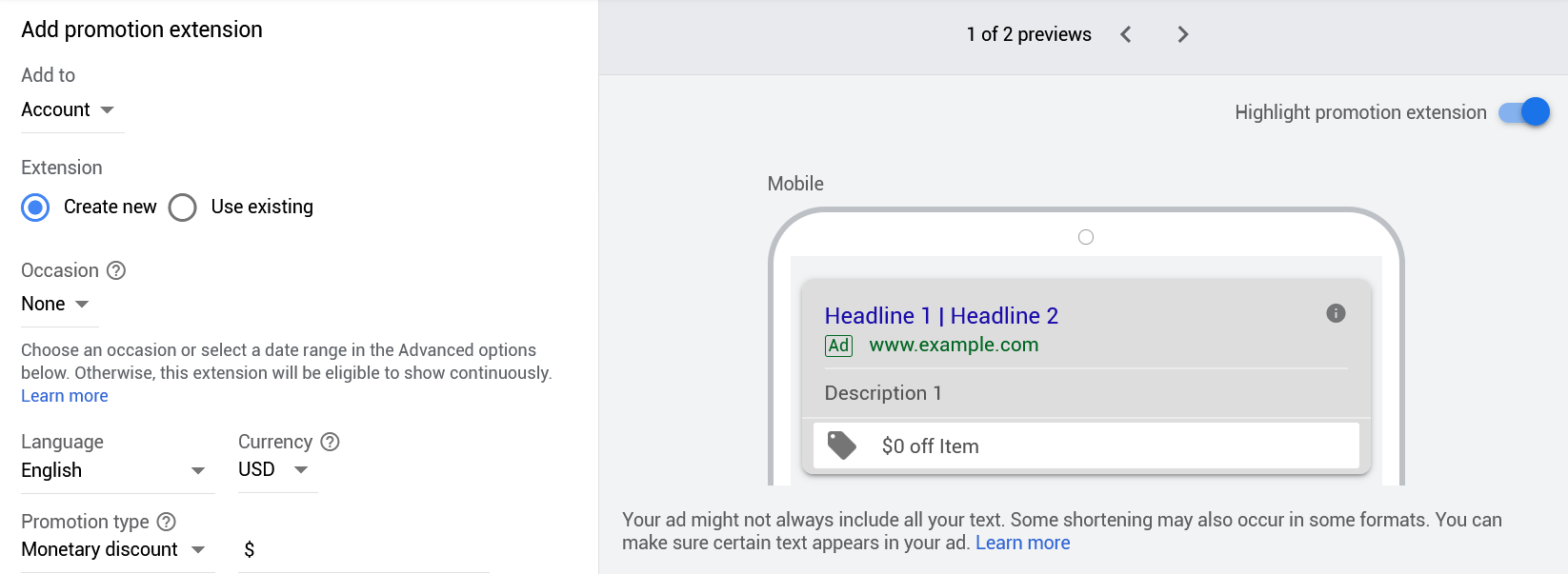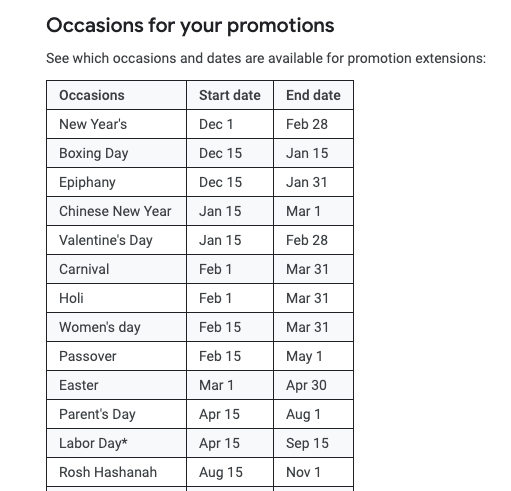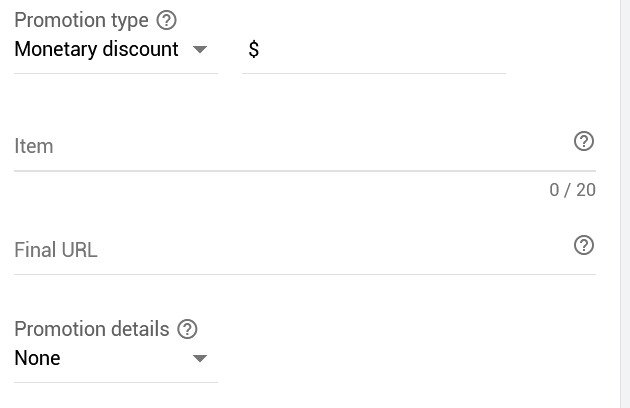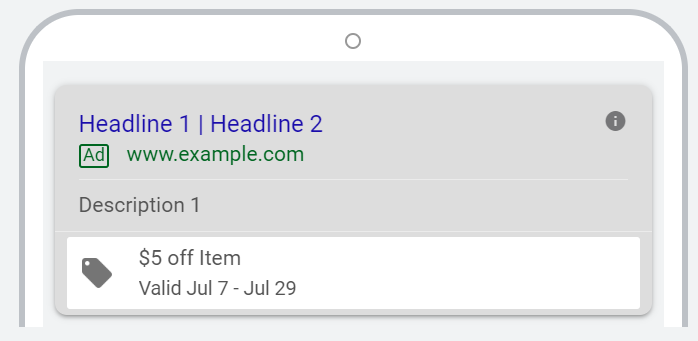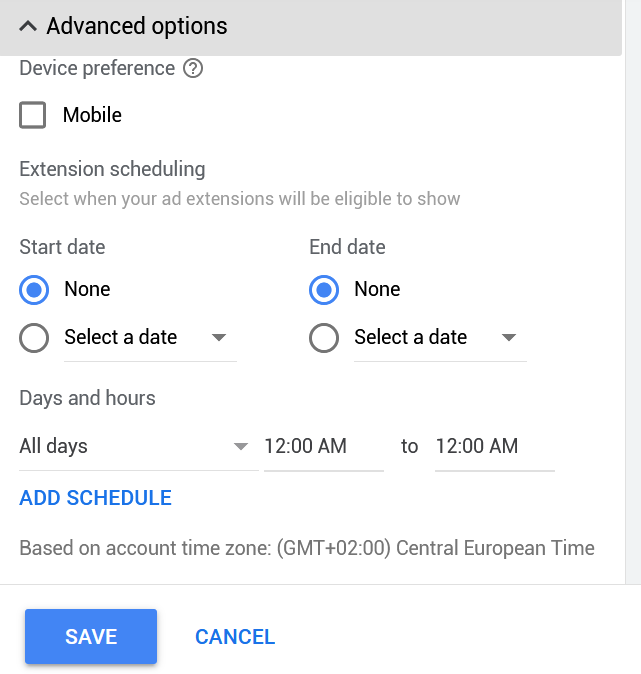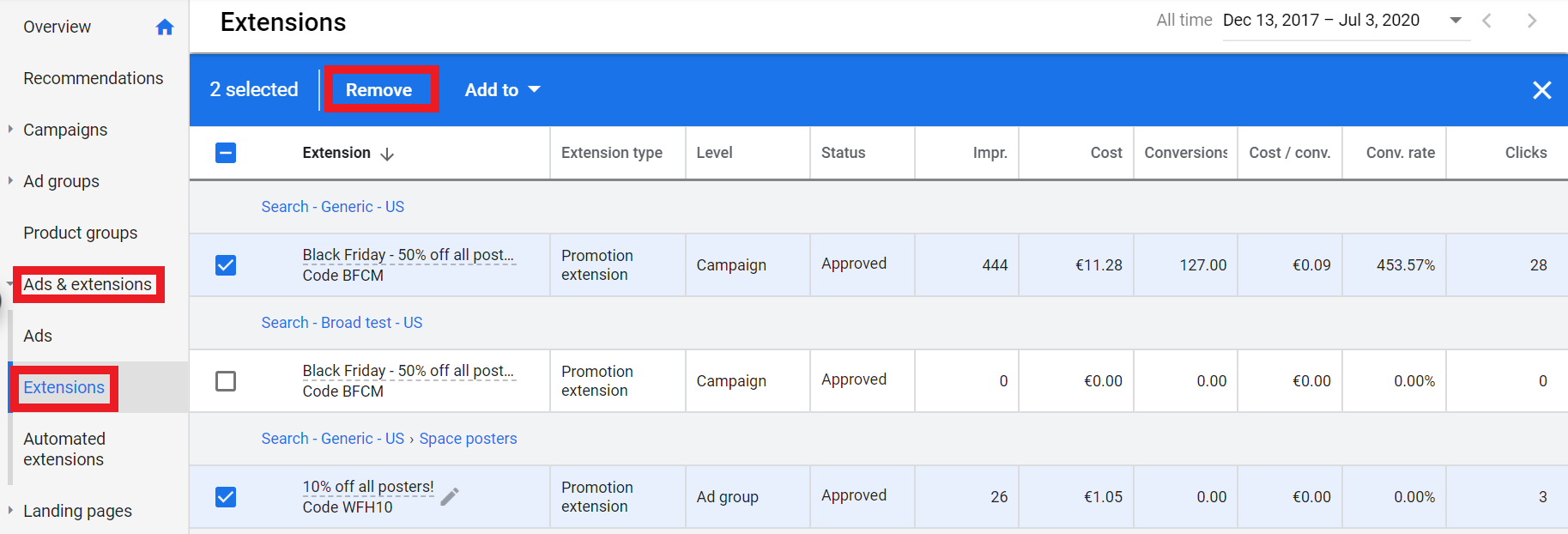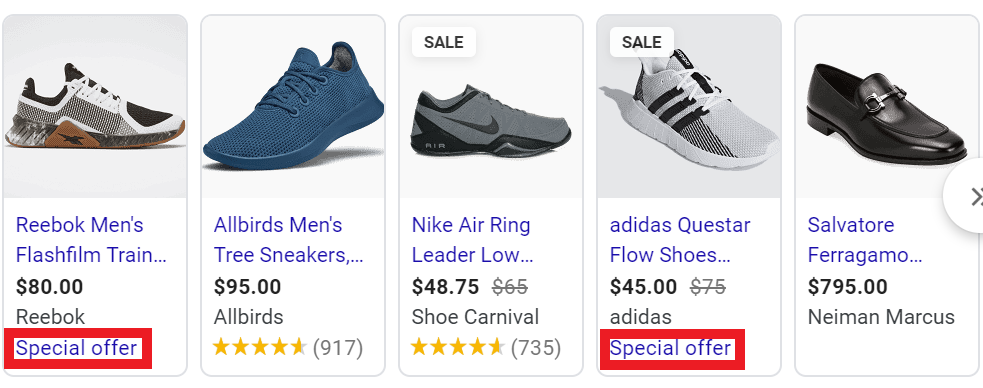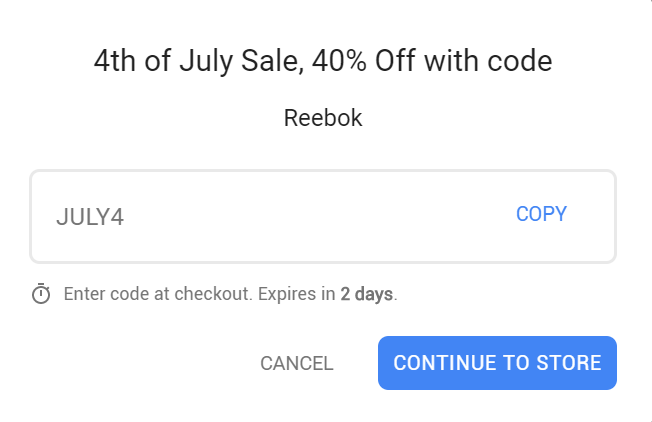There comes a time in any eCommerce seller's journey where you'll want to ramp things up a notch and enhance your online presence.
There are many ways to do this – investing in high-converting marketing campaigns, developing SEO strategies, improving your web design, etc.
Although these methods are effective, they're daunting tasks – especially if you don't have any experience in these areas. But, whether you're just starting out, or you're an online selling veteran, outsourcing these kinds of jobs can be a considerable financial outlay.
This is where a digital ecommerce agency comes in handy.
If you don't have the time or know-how to handle every aspect of your online business, harnessing their expertise and skills is usually the best way to go.
So, in this article, we're looking at what an eCommerce agency does, how they can help you, and how using an agency differs from hiring an employee.
That's a lot to cover, so let's jump straight in!
What's a Digital eCommerce Agency?
For the uninitiated, a digital eCommerce agency is a third-party team your brand hires to help grow and scale your business. Typically, you'll employ an eCommerce agency to assist with specific tasks you and your in-house team members don't have the time or skills to tackle.
No two agencies are the same. Some focus on creative services, others specialize in specific marketing channels or tech, while others might boast several areas of expertise.
To find the right agency for you, we suggest listing all the jobs you need assistance with and narrowing down your research to agencies that specialize in these areas.
How Can An Agency Help?
There are plenty of ways an eCommerce agency could help you, so we've outlined a few of them below:
Access to Up-to-the-Minute Advice
When it comes to the latest industry trends, high-quality agencies stay ahead of the curve. So you can be confident you've got access to cutting edge approaches to help you run your eCommerce business.
Top Tip: To ensure your agency boasts this kind of knowledge, ask whether they have any materials or resources they've compiled. This is just one way they can prove they're researching and adopting all the latest systems and trends.
Enjoy an Outsiders Perspective
As entrepreneurs, we often suffer from ‘tunnel vision' – don't worry, we've all been there. That's why an outside opinion is imperative for getting a fresh perspective on how to enhance your business.
Technical Expertise
An eCommerce agency doesn't (or shouldn't) sell generic out-of-the-box tech. Instead, they'll offer a customized stack to help meet your broader business objectives.
Top Tip: Before hiring an agency to create software, inquire after their certified partners – as it's likely, these platforms will be the ones to developing your tech stack.
Benefits of Hiring an Ecommerce SEO Agency
There are tons of perks to hiring an eCommerce SEO agency, most notably:
Access to Expertise
Agencies specializing in search engine optimization (SEO) typically hire experts and provide/encourage their SEO pros to invest in continual training. A high-quality agency will commit to developing their skills to stay up to date with the latest techniques. This ensures they have the know-how to help clients storm ahead of their competitors.
SEO Marketing Strategy
A top-notch SEO agency will create a specific strategy for your business – one that brings you a step closer to meeting your business goals. Of course, these targets will vary depending on the nature of your business, so double-check your prospective agency is willing to analyze your business type and goals. That way, they'll have all the info they need to tailor-make an SEO strategy that meets your exact requirements.
For example, if you want an SEO strategy for your eCommerce website, the processes, tools, and techniques will significantly differ from the ones used to drive traffic to a photographer's blog or a non-profit organization's website.
Your customized strategy should be broken down into phrases, and these phases split into individual tasks. This enables a clear picture of what work's to be done and when it'll be completed by.
Reporting and Analytics
Successful SEO strategies hinge on collecting and analyzing data. Without a firm grasp of where you're already ranking on search engines (i.e., Google), there's no way of establishing whether the strategy you're implementing is helping you to improve!
This is where outsourcing your SEO analytics and reporting to an agency specializing in this field is a real asset. Not only will you save yourself tons of time, but you'll also receive actionable insights as to how your current SEO strategies could improve.
The Benefits of Hiring a Design Agency for Your Ecommerce Site
Design is no longer just about printed promotional materials or logos. Instead, it's the cornerstone of establishing brand identity. It's the visual language your company uses to communicate with its audience.
Often, customers form their first impressions about your brand based on the look and feel of your content alone. In fact, 38% of website visitors won't engage with online content if it's unattractive. On top of that, 48% say a website's design is the most crucial factor in determining a business's credibility.
All that to say, web design matters.
If creativity isn't something that comes naturally to you, a design agency could help finetune your online graphics. In light of that, here are just some of the perks of working with design agencies…
Create a Cohesive Brand Identity
As we've just alluded to, your brand identity consists of a variety of elements that are easily overlooked.
This combines the use of:
All the above gels together to form a cohesive visual language for your brand.
Design agencies specialize in creating style guides unique to your brand so that your business can establish their own visual identity. Getting this right is imperative because its what customers will associate you with.
But, don't let that scare you – instead, see it as an exciting opportunity to wow them with your personality and professionalism.
Design agencies are well versed in how to communicate brand values. Generally speaking, bubbly, round designs exude a sense of fun and friendliness, whereas darker colors and a structured layout express reliability and professionalism.
Of course, web design is far more nuanced than that – which is where a professional design agency is worth its weight in gold. They'll know how to translate your brand's identity into visuals so that your audience can form the right opinion about your business before reading a single word of your website's copy.
Create the Right Impression
While good design uplifts your brand's standing in the eyes of your customers, the lousy design will most certainly be its downfall.
Often a lousy looking website suggests cheapness and a lack of understanding. Neither of which inspires confidence!
It's also worth remembering that high-quality website design goes hand-in-hand with positive user experience. Web design strategists know which contrasts to use for the best readability, which colors draw the eye for a higher conversion rate, and which layouts communicate your content marketing efforts the best.
Improve Your Digital Marketing Efforts
Good design draws the eye. The best internet marketing campaigns stand out visually and are immediately memorable. Your graphic designs should work in conjunction with your copy to drive conversions. Otherwise, even the greatest pitch or concept might fail.
The Benefits of Hiring a Web Development Agency for Your Ecommerce Site
Whether you're using Shopify, Magento, WordPress, or whatever other ecommerce platforms to run your online store – it's your portal to the world. So, if you want to provide a top-notch shopping experience, you'll need to present a beautiful and easy-to-navigate website.
Here's how hiring a web development agency ensures you make the most out of your online storefront.
Professional Web Design
Today, there's a multitude of intuitive website builders on the market. Although the templates provided with such software are often sleek and modern, it can be challenging to make them look just the way you want.
Unless you have the coding know-how to bring your vision to life, you'll be limited to whatever functionality your e-commerce solution provides. This is where a web design agency comes in handy. They boast the skills to create a top-notch website with cutting-edge design and flawless functionality. This sort of quality is difficult to achieve without the help of professional designers.
Device a Powerful Online Strategy
A website needs to do more than look good. The customer journey you offer via your website is essential to leading customers to making a purchase. Web design agencies understand what's necessary to create a seamless experience and should provide a strategic online plan that lays the foundation for long-term success.
A good designer will increase your ‘click-through' rate by working with talented SEO specialists that employ search marketing techniques, coders, copywriters, and marketing experts to present the ultimate digital experiences.
Optimize Your Website for the Mobile Age
The shopping experience is continuously shifting towards mobile devices. Therefore, a responsive website is crucial – this refers to your website adjusting to the narrower and smaller display on a phone screen.
A web development agency can create a seamlessly responsive website that looks great on all devices. So, you won't have ecommerce clients clicking off your website due to its unprofessional technical design.
A Reliable Website Saves You Time and Money
If you risk building your website yourself, you might face problems later down the line. Needless to say, sites that don't function as they should deter customers. If anything breaks, needs updating, or if you're hacked, you'll have to reinvest time, effort, and often money to fix it.
By investing in a web development agency from the get-go, you'll get access to a reliable website from the start. This means less downtime, less frustration, and a more stable buying experience for your customers.
Benefits of Using an Ecommerce Marketing Agency vs. Hiring an Employee
You might be wondering: Why not just hire an employee that specializes in one of these aspects? If you're planning to utilize SEO strategies, design, or web development continuously, this might be an excellent route to go.
Whether hiring an employee or an agency is best for you depends on your unique situation and requirements. So, let's take a quick look at the benefits of hiring an employee to work in-house:
- They work exclusively for you, so (in theory) you should have their undivided attention.
- Budgeting is sometimes more straightforward.
- They'll develop an intimate understanding of your brand, values, and objectives.
However, when it comes to eCommerce stores, agencies might provide more benefits – especially in the areas of SEO, design, web development, and marketing. More often than not, they offer a competitive edge.
So, let's compare hiring an agency vs. an employee in a little more detail…
On-Demand Services are Cost-Effective
Let's face it – hiring an employee costs money and time long before you pay them their salary. You'll need to invest in the recruitment process and carefully examine applicants and credentials. This can cut into your own time (or your team's) and, therefore, profit.
Once you've found the right candidate, you can set them to work on what they do best. However, some projects only last a short while. A website, once properly constructed, might only need occasional maintenance and redesign. There might not be enough work to justify paying an employee a full-time annual or even monthly salary.
On top of that, you'll need to invest in:
- Benefits and health care
- The software and tools they'll require to do the job.
- A workspace
- Initial recruitment costs and onboarding
On the other hand, you can use agency services as and when you need them just for the duration of the project you need completing. Plus, all you need to shell out for is their salary, which you can negotiate on either a per-hour or per-project basis. If you only have occasional tasks to outsource, this is often the cheapest route to take.
A Network of Specialists Provide Greater Expertise
Yes, an employee might be excellent in their specific field. However, when you work with a full-service agency, you pay one price to access a broad network of specialists. Agencies often have a plethora of industry contacts that enable them to offer a holistic service – from web design to marketing services, to optimizing your Amazon product listings, to PPC and email marketing advice, there are agencies out there that cover it all!
Say, for example, you're just working with an agency for their design services, and you need a copywriter or a social media marketer, they'll probably be able to propose one to use. You may even be able to incorporate this as part of the project's price. Also, as agencies consist of teams, one expert's shortcomings are often leveled out by another colleague's strengths – so there's always a high chance you'll receive a high-quality end product.
Enable Larger Scale Projects Right from the Start
An in-house employee only has so many hours they can put towards a project – They do, after all, only have two hands. This means, if you want to get a very ambitious project rolling as quickly as possible, an in-house employee might be overwhelmed without the support of an entire design and marketing team.
Agencies employ more people and can, therefore, dedicate more working hours to projects that require them. You can hire agencies to complete projects of almost any size without having to shift your own team around or hire new staff.
Avoid Creative Burnout
When it comes to tasks like design and web development, a reasonable degree of creativity is needed to accomplish true greatness. All designers have the desire to be creative at heart and are passionate about pushing their skills.
However, an employee working in-house might get burnt out from working with the same visual language and values all the time. As a result, they sometimes become disillusioned with creative work.
Also, if you're only employing one in-house digital creative, their viewpoint is restricted to just their own. Without a full design-team in-house, they have to work within a creative echo chamber that might not always allow for agile, out-of-the-box thinking.
Agencies, on the other hand, work with multiple clients all the time. They complete projects and move on to the next, so their work features a refreshing variety. Consequently, they often bring a breath of fresh air to your campaigns and web presence. Also, as it's likely they're working as part of a team, they're in a better position to bounce different ideas off of one another. They do this day in, day out, so they know how to put a variety of viewpoints to good use.
Should You Work with a Digital Marketing Agency?
There are many ways you could benefit from working with a digital eCommerce agency. Whether you're hoping for assistance with your SEO, design, or web development, or whether you're looking for help with your marketing campaigns – agencies afford benefits that hiring an employee might not. Most notably, a diversified talent pool, a fresh set of eyes, and more affordable and negotiable pricing.
If you're just starting your eCommerce business, or you're looking to drive conversions and improve your sales potential, looking towards a digital eCommerce agency might be the way forward.
While this might seem like a substantial investment for new sellers, the professionalism a high-quality agency achieves will help establish your brand as trustworthy from the get-go.
Have you worked with a digital agency or any kind of digital marketing services before? If so, let us know how your experience went in the comments below. Speak soon!
The post How to Hire the Best Ecommerce Agency: A Complete Guide appeared first on Ecommerce Platforms.

from Ecommerce Platforms https://ift.tt/3gh5YZn

via
IFTTT
 from Bootstrapping Ecommerce https://ift.tt/2yxisr2
from Bootstrapping Ecommerce https://ift.tt/2yxisr2 via IFTTT
via IFTTT

 The ecommerce industry is accelerating at an unprecedented pace, fueled by the ongoing impact of the coronavirus pandemic that has…
The ecommerce industry is accelerating at an unprecedented pace, fueled by the ongoing impact of the coronavirus pandemic that has…


